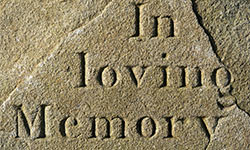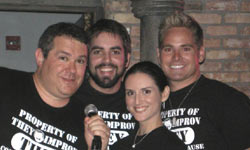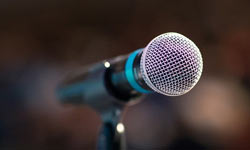TRIBUTES
We remember those who have helped to make the comedy landscape what it is today.
IMPROV COMEDY
Improvisational comedy has been a great way for people to bond and to see something that only the people in the room can share. The show couldn't be repeated even if the performers tried to.
STAND-UP COMEDY
The traditional form of comedy where someone literally stand-up before an audience. The comedian tells stories and jokes to entertain while possibly speaking towards a specific theme.
CITIES
Find locations around the province where you might find comedy. This can include cities, towns, and areas in various regions. These can include public shows and private parties.
TERMINOLOGY
Learn a bit of the vocabulary used by comedians to communicate with one another. It can help you understand the process and the people who have chosen comedy as a vocation.




